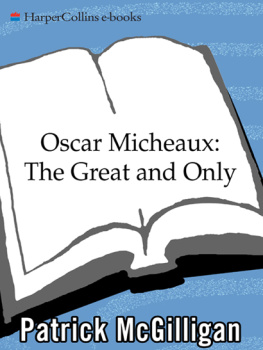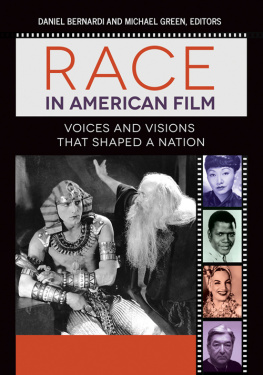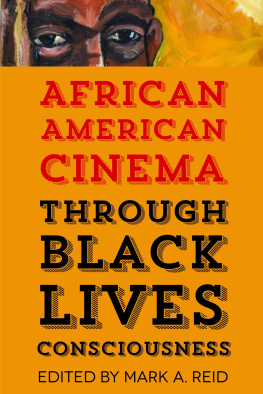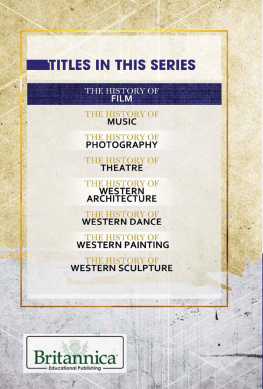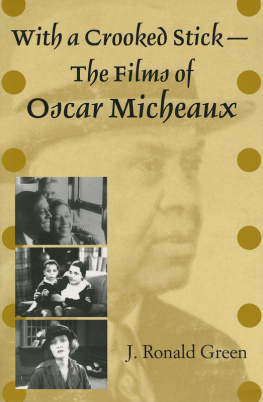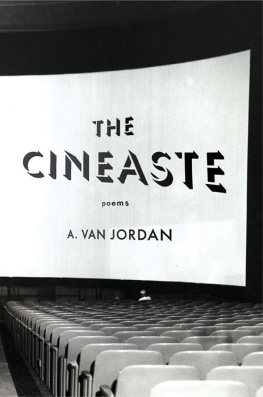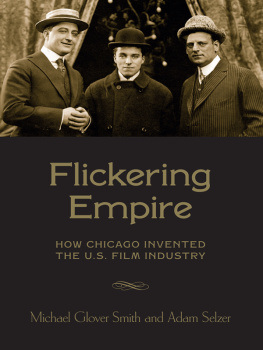TO MARTIN J. KEENAN,
Most people pronounced his last name Mee-show, though some who knew him insist it was Mi-shaw.
The correct pronunciation of his name is only the beginning of the ambiguities and mysteries associated with Oscar Micheaux. He had no middle name, or at least no legal document has ever been found that lists one. He started out in life with a different spelling of his surname: Michaux. Perhaps because his family spoke with a soft, Southern twang, his last name has been transcribed in old newspapers and government records in a host of variations: Maschaur, Measchaur, Mishew, Misher, Mischaux, Mischeux, Mischeaux, Mitcheux.
Usually, if nothing else, the reader of a biography can be assured of the name of the central figure, and the facts of his birth and death. Yet the precise place where Micheaux was born remains elusive. Nor does anyone know the exact circumstances of his death. For decades, even his burial site stayed unmarked and unknown.
It is unclear how many times Micheaux was married, or whether he fathered any children; arguable how much of a fortune he amassed, then squandered; uncertain how many times he went bankrupt, or was arrested, though on the record he suffered bankruptcy and found himself in court on several occasions, for different reasons.
Until now, his life story has never been fully told, partly because he lived a furtive existence. Beyond his pioneering work as a maker of all-black films, he was a pioneering author, though it is unclear how many books he wrote: seven were published, some first-rate works, others potboilers. He wrote both memoirs and fiction, and blended the two freely. He embodied many walks of turn-of-the-century African-American life, fulfilling some roles that were archetypal (shoeshine boy and Pullman porter) and others that were special (South Dakotan homesteader). His most exceptional role was as a leading American filmmaker, who wasnt allowed to set foot in Hollywood because of the racism of his times.
When writing the biography of an important film director, one usually has the motion pictures themselves to watch, study, and appraise. In the case of Micheaux, however, even the simplest questions are still debated: how many films he actually wrote, directed, and produced, even whether some rumored titles made it before the cameras at all. Micheaux scholars concur that only about one third of his output survives today; the actual number of Micheaux pictures known to existin any conditionis fifteen, out of a possible forty to forty-five.
Because of such uncertainties, the merits of his movies can be argued. But the films that have been found and restored make it increasingly clear that, in the context of American film history, he deserves to be considered in the same breath as the sainted D. W. Griffith. In an era when black people were ignored or belittled by Hollywood, Oscar Micheaux had to work under remarkably restricted and unheralded circumstances to create his own distinctive body of work. In his determination, he cut legal as well as financial corners. But he possessed both storytelling lan and a social conscience, and drew repeatedly on his own life story to articulate universal themes concerning the black experience, working out deeply personal, iconoclastic feelings about America and his peoples place within it.
The stories of Micheauxs life were also stories of his race. He pioneered with his heroes and heroinesidealized black doctors, lawyers, and schoolteachers, but also cowboys and detectiveswhile salting his stories with warts-and-all villains. His films featured sex, violence, frank language, and situations adult enough that any studio in Hollywood would have vetoed them; as he struggled to get them distributed across the country, many censors did just that. (Just the fact his stories took place in a black milieu was enough for many Southern sheriffs to seize prints.) His were among the first films in history to attack lynchings, segregated housing, gambling rackets, corrupt preachers, domestic abuse, criminal profiling by police, and all kinds of racial inequities.
Micheaux was an eager courter of fame and attention, and in his time he became as famousand controversialas anyone in the field of so-called race pictures. Yet he was also a master of privacy and secrets. A self-made man who lived the American dream, who boasted a record of undeniable achievement in spite of the obstacles erected against his race, he also led a shadow existence, forced again and again to scrape together the means to continue; and in the end he was brought to ruin, tragedy, and obscurity.
In the twenty years after his death, his remarkable life of aspiration and struggle and conquest was forgotten. His novels and motion pictures were all but lost. In recent years, his reputation has been resurrected by the painstaking research and passionate advocacy of scholars and educators, white and especially black. Some of his films have been found and restored. Though his name is still unknown to most Americanseven to the most zealous motion picture fansthat is bound to change, because as his publicity claimed, Micheaux was truly The Great and Only.
Indeed, Micheaux was the Jackie Robinson of American film. No, a Muhammad Ali decades before his time, a bragging black man running around with a camera and making audacious, artistic films of his own maverick style, at a time when racial inferiority in the United States was custom and law.
Grover Cleveland had just been sworn in as president of the United States, the year a baby boy in southern Illinois was christened Oscar Michaux. The Emancipation Proclamation was just over twenty years old, and the hopeful, chaotic period of Reconstruction after the Civil War was ending. It took only that long before the equal rights measures of Reconstruction, fiercely opposed by most white Southerners, were subverted, and an economy once dependent on slave labor was reinvented on a foundation of racist social mores known as Jim Crow.
Emancipation had freed the Confederate slaves in 1863, and by the time of Appomattox, two years later, Southern roads and rivers were clogged with freed and fugitive slave families streaming northward. Slave families fleeing northwestern Kentucky could simply cross the Ohio River into southern Illinois, in order to pursue their dreams of a better life of opportunity and freedom.
The maternal and paternal branches of Oscar Michauxs family came from adjacent counties in northwest Kentucky, so they might have known each other before they crossed over to Massac County in southern Illinois. The southernmost counties of Illinoisthose lying between the Wabash and Mississippi rivers and north of the Ohio Riverwere commonly known as Little Egypt, a name that alluded to the fertile farmlands provided by the confluence of rivers, and to the biggest town in the area, Cairo. Both sides of the Michaux family took up farming, the occupation they as ex-slaves knew best.
Besides being close to Kentucky, Illinois boasted a liberal state government. Black people could vote in Illinois by 1870, and in 1874, after a long debate, a statute was enacted protecting their right to attend public schools. Illinois was the land of Abraham Lincoln, after all, and home to Chicago, already a magnet for ex-slaves and soon to become the freest city in the world for the black man, as Micheaux later wrote.
But Chicago was 375 miles north of Metropolis, and southern Illinois, which had been pro-slavery, wasnt as hospitable. Stephen Douglas received 75 percent of the Massac County vote in the 1860 election, 873 votes to Lincolns paltry 121. The newspapers ran nigra jokes on their front pages, and lynchings were part of the near-Southern environment. Massac County had its share of night rider episodes ending in unsolved murders, and if Micheaux himself never witnessed the mob murder of a black person, knowledge and fear of such incidents were seared into his consciousness. Wrongful arrests of black people would become a common motif in his films, and the graphic lynching scenes in his work provoked discomfort among censors and sometimes his audiences.

